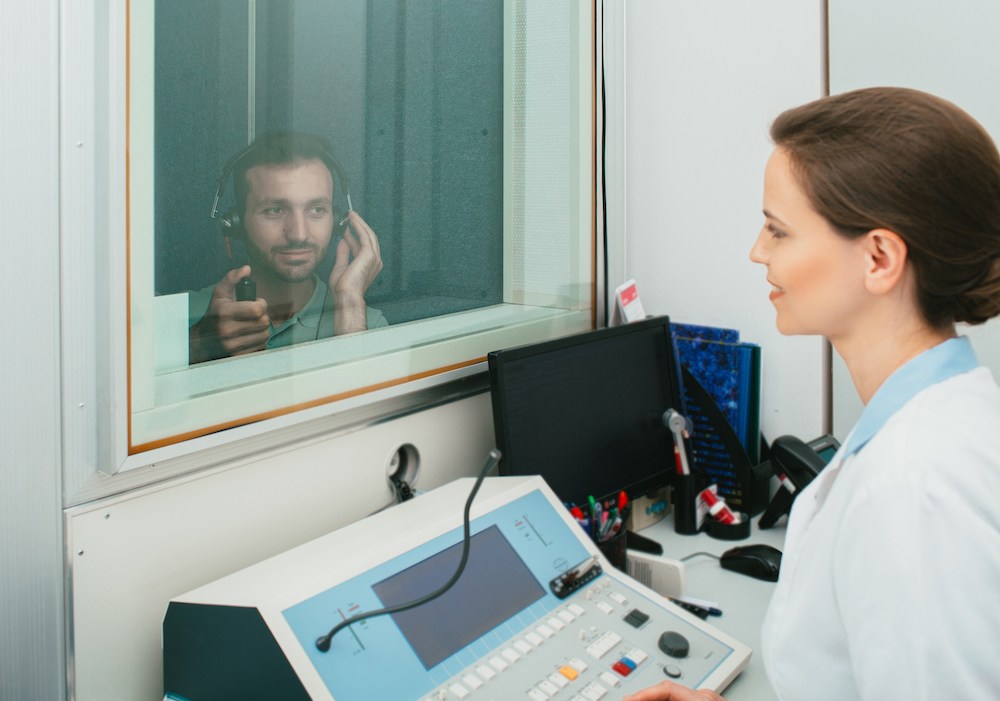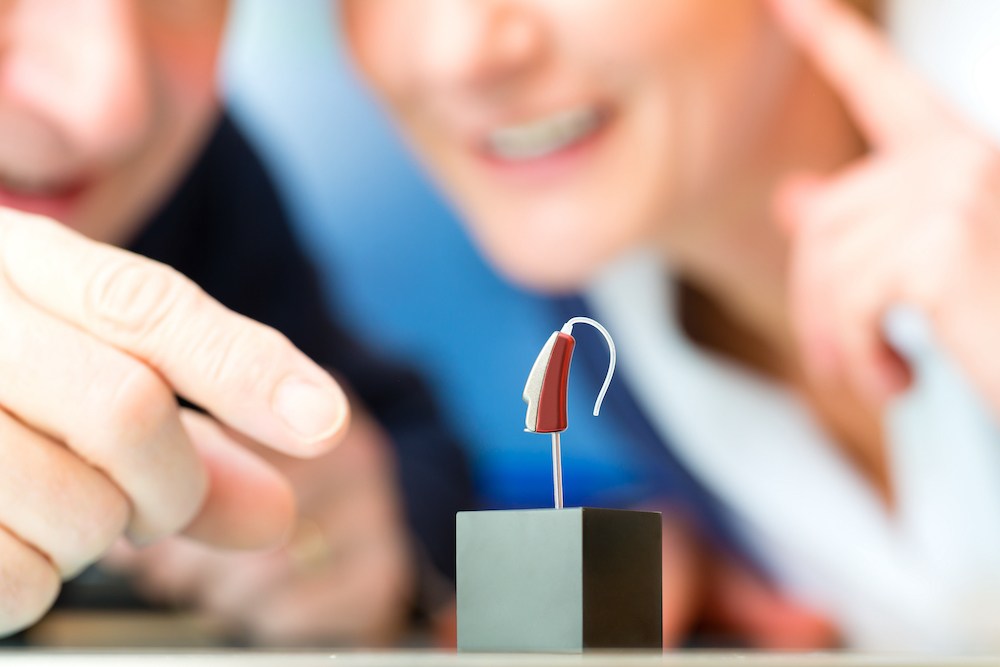The Impact of Hearing Tests on Quality of Life
Your hearing connects you to nearly everything in your daily life, from


Your hearing connects you to nearly everything in your daily life, from

Summer puts your hearing aids through different challenges than the rest

Many people notice gradual changes in their hearing but don’t think